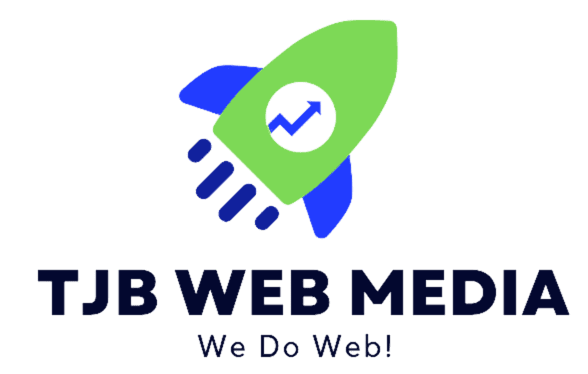SEO, or Search Engine Optimization, is a crucial component of digital marketing that greatly influences how businesses attract online traffic, build presence, and drive growth. The approach to SEO, however, varies significantly between small and large businesses due to differing resources, scales of operation, and strategic goals. This article delves into how SEO practices differ for small businesses compared to large corporations.
1. Budget Allocation and Resources
Small Businesses: Typically, small businesses operate on limited budgets, which means their SEO strategies need to be highly cost-effective and resource-efficient. They often focus on low-cost, high-impact tactics like optimizing for local search, leveraging social media, and creating quality content that resonates with a specific, targeted audience.
Large Businesses: Large corporations have the luxury of a more substantial budget for SEO, allowing them to invest in a wider range of strategies. This can include extensive keyword research, sophisticated content marketing campaigns, and high-end analytics tools. They might also hire specialized SEO agencies or in-house teams to manage their SEO efforts.
2. Scale and Scope of SEO Efforts
Small Businesses: Small businesses tend to have a narrower focus, often targeting local or niche markets. Their SEO strategies are usually more localized, focusing on community engagement and local search optimization. This includes optimizing Google My Business listings, garnering local reviews, and local keyword targeting.
Large Businesses: In contrast, large businesses often target a broader, sometimes global market. Their SEO strategies are more comprehensive and include international SEO, multilingual content, and a broader range of keyword targeting to cater to diverse customer bases.
 3. Content Creation and Marketing
3. Content Creation and Marketing
Small Businesses: Content creation in small businesses is often more personalized and story-driven, aiming to build a strong connection with their audience. They might focus on creating blogs, videos, or social media content that reflects their brand’s unique voice and appeals directly to their customer base.
Large Businesses: Large corporations generally produce content at a much larger scale. Their content strategy may include a wider variety of formats, such as whitepapers, extensive blog series, webinars, and more. The focus is often on establishing authority and thought leadership in their industry.
4. Keyword Strategy
Small Businesses: With limited resources, small businesses often focus on long-tail keywords which have less competition and are more specific to their niche. This approach helps them rank higher in search results for queries closely related to their products or services.
Large Businesses: Large businesses usually have the capacity to compete for more competitive, high-volume keywords. They can invest in more extensive keyword research tools and strategies to dominate popular searches in their industry.
5. Agility and Adaptability
Small Businesses: One of the advantages small businesses have is their agility. They can quickly adapt their SEO strategies based on performance metrics, changing market trends, or customer feedback. This nimbleness allows them to experiment and pivot as needed.
Large Businesses: Large corporations, while powerful, often move slower due to their size and the complexity of their operations. Changes in SEO strategy might require more time to implement and may need to go through multiple levels of approval.
6. Link Building
Small Businesses: For small businesses, link-building often revolves around local partnerships, community involvement, and leveraging relationships with local influencers or businesses. Their link-building strategies are typically more organic and relationship-based.
Large Businesses: In contrast, large businesses might engage in more systematic link-building campaigns. This could include partnerships with high-authority websites, sponsored content, and more aggressive outreach strategies.
7. SEO Tools and Analytics
Small Businesses: Small businesses might rely on more basic, affordable SEO tools and analytics platforms. They often focus on key metrics like organic traffic, local search rankings, and customer engagement to measure their SEO success.
Large Businesses: Large corporations can afford advanced SEO tools that offer in-depth analytics, competitor analysis, and automated reporting. Their analysis is often more data-driven, utilizing a range of metrics to inform their SEO strategies.
8. Risk Management in SEO
Small Businesses: Small businesses often take a cautious approach to SEO to avoid penalties from search engines. They tend to focus on white-hat SEO techniques and slowly build their online reputation.
Large Businesses: Large businesses might be more willing to experiment with different SEO tactics, including some that are more aggressive. However, they also have to be cautious as a penalty from a search engine can significantly impact their online visibility.
The landscape of SEO is vast and varied, with strategies that must be tailored to the size and nature of the business. Small businesses often excel in localized, niche-targeting SEO practices that emphasize personal connections and community involvement. In contrast, large businesses deploy extensive, data-driven SEO campaigns that cover a wide range of keywords and markets. Both, however, share the common goal of enhancing online visibility and driving business growth through strategic digital marketing.


 3. Content Creation and Marketing
3. Content Creation and Marketing